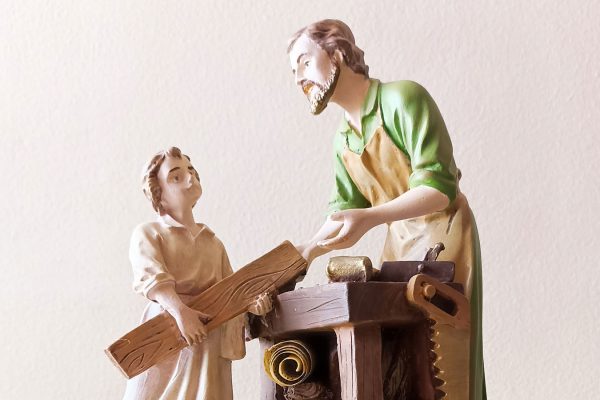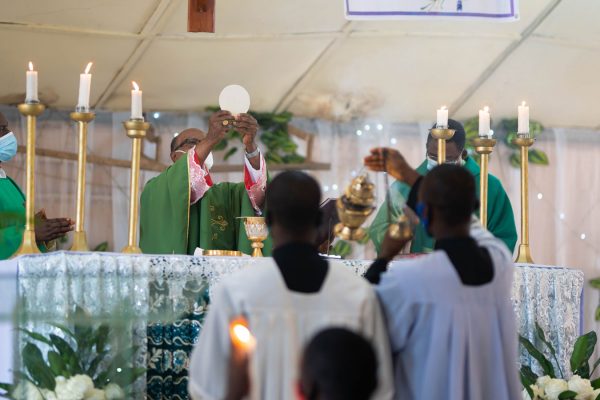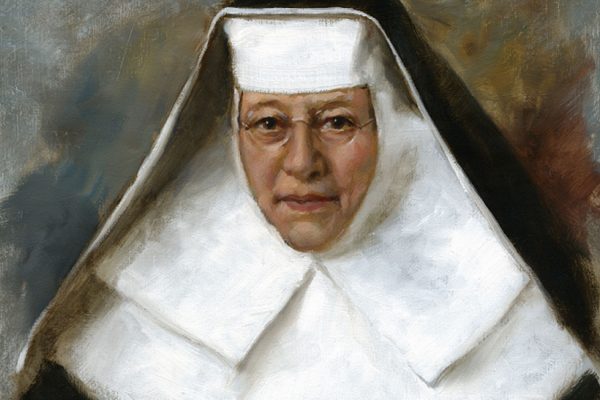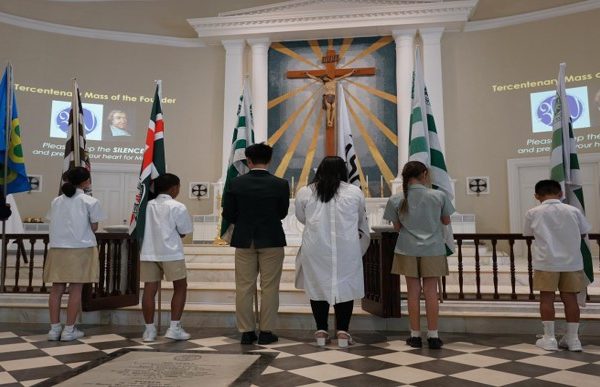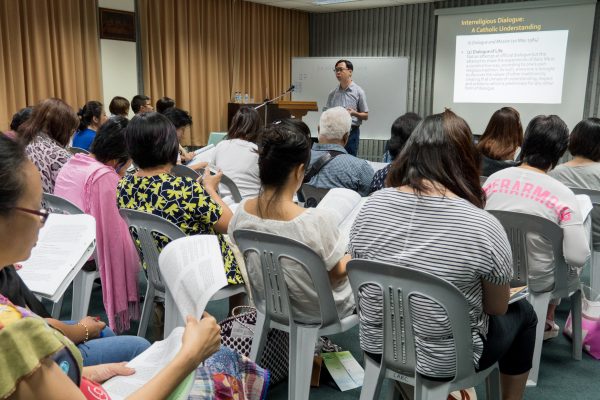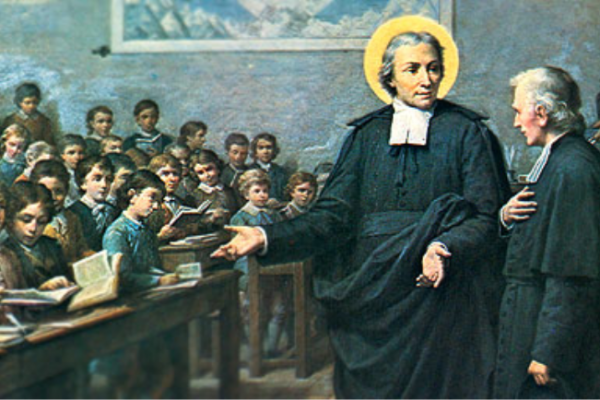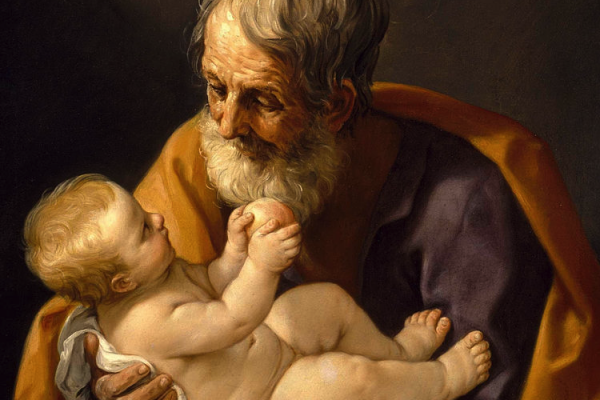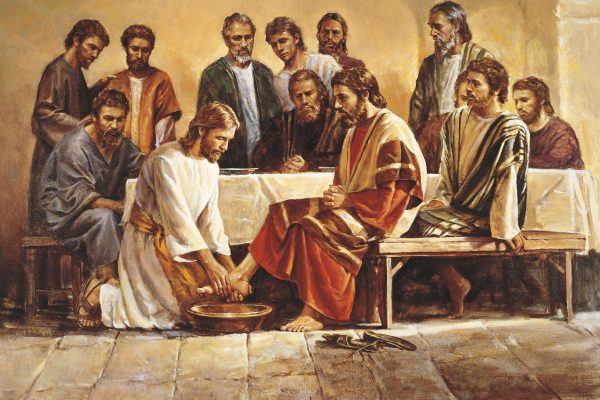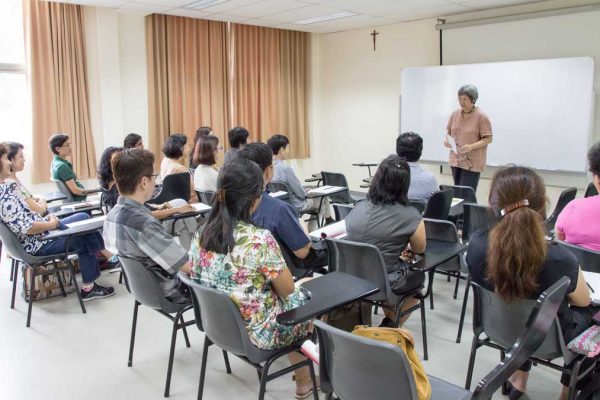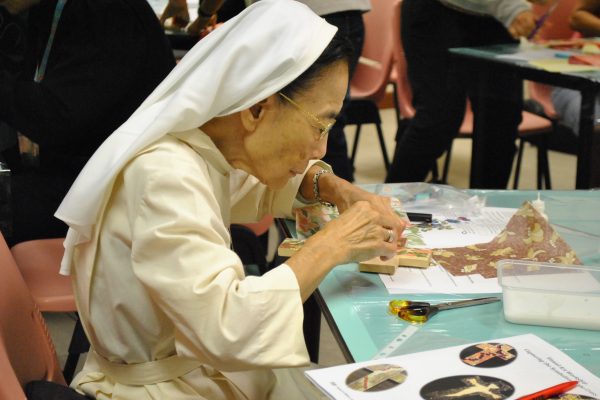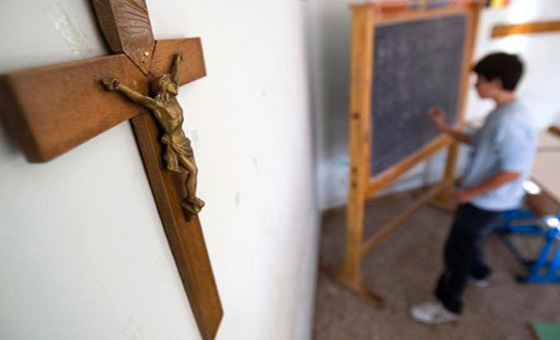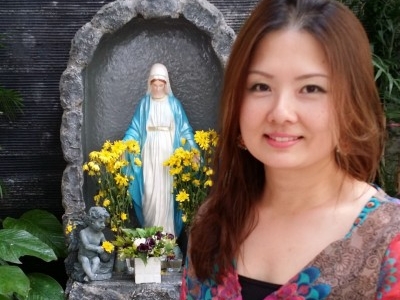
Six steps to great new year’s resolutions for Catholic educators
At the start of every new year, people come up with resolutions in order to improve their habits and the way they do things. But as time goes by, we often give up because they are too difficult or unrealistic to keep to. It is useful to reflect on the past year and pinpoint the areas in our lives that require change, so that we can make more focused goals. This can also serve as a time when we look back and examine our spiritual lives, and think about how to grow closer to God in the coming year. Here are a few simple steps to reflecting on the past year:
1. Make a timeline of the past year
Teachers are often very busy throughout the academic year, and lack the time to reflect on their own thoughts and actions. Putting words on paper is the fastest and most visual method for putting one’s ideas into perspective. Draw a timeline for the past year and ensure that every month in your timeline has enough space for note-taking.
2. Write down the major responsibilities you have undertaken each month
Teachers know that there are many different dimensions to teaching. Lesson planning, marking papers and disciplining students are all different parts of the same responsibility. Note down the things that required your attention. If you helped to plan an event in school, headed student programmes, or chaired a committee, note these down as well.
3. Write down what you have done well, and what can be improved
List down the things that you have done well. If your lessons are engaging students effectively or if their grades are improving – these are results that you want to repeat for the following year. Trace the methodology you used, and include it in your lesson plans and teaching strategy for the new year.
Next, consider the areas you think need extra attention. Are there disciplinary issues? Did students have difficulty learning? Teachers devote a lot of time and energy into making students learn, but different students learn at different paces. Consider the ways in which you can make your pedagogy more encompassing and effective.
Also, think about how you have carried God’s message in your teaching. Apart from teaching academic content, did you also impart correct values to your students? Did you promote any principles opposed to the faith or the Church’s teachings? Reflect on ways to better incorporate your spiritual mission into your professional calling.
4. Write down the most encouraging (and most discouraging) feedback you’ve received from students
At the heart of a teacher’s mission is her students. Recall the most encouraging feedback you received from your students. They may be comments that are seemingly trivial, like how nice you are to them, or how funny your lessons are. But these words give meaning to a teacher’s career, and make her know that her students care. Write them down as a reminder of the rewards of teaching!
On the other hand, teachers can become hurt and discouraged by negative words. In the bid to become role models for students, educators often forget that they are just as human as anyone. Reflect on comments from students that discouraged you. What were their motivations? Perhaps they do not fully understand your intentions? Or perhaps they have deeper issues affecting them? Putting their words into context will make you more aware of their needs, and make you feel less upset at them.
5. Remember your calling
Take this time to reflect on your calling as a Christian teacher. Your profession is a noble one – to nurture the minds and morals of the young. This journey contains both joys and struggles, and an educator may become disheartened along the way. Remind yourself how this calling serves a critical role of God’s plan in providing the best for His children.
6. Write down your resolutions for the New Year
Now that you are more aware of your strengths and shortcomings as a teacher, you can incorporate this newfound wisdom into your New Year’s resolutions! What are the practices that make you a good Catholic educator? What are the bad ones that bring you further from the Church, and from God? And lastly, what are some new ideas that you can try out this year? Include these into your planning for the new year.
7. (Bonus) Try this out with your students
If you feel that this exercise has helped you, try it with your students! Give them the opportunity to think back on the positive and negative things that have influenced them in the past year, and put these things into perspective. (You can make it a private exercise, so that they don’t have to share it with others, if they don’t wish to.)
Regardless of the different challenges that all teachers have faced in the past year, the new year brings even greater opportunities and trials for everyone. It is important to both reflect on the past to assess where we are in our relationship with God, and to look ahead to new hopes and dreams.
Got a great tip? Share with us in the comments section below how you made your new year resolutions.
































